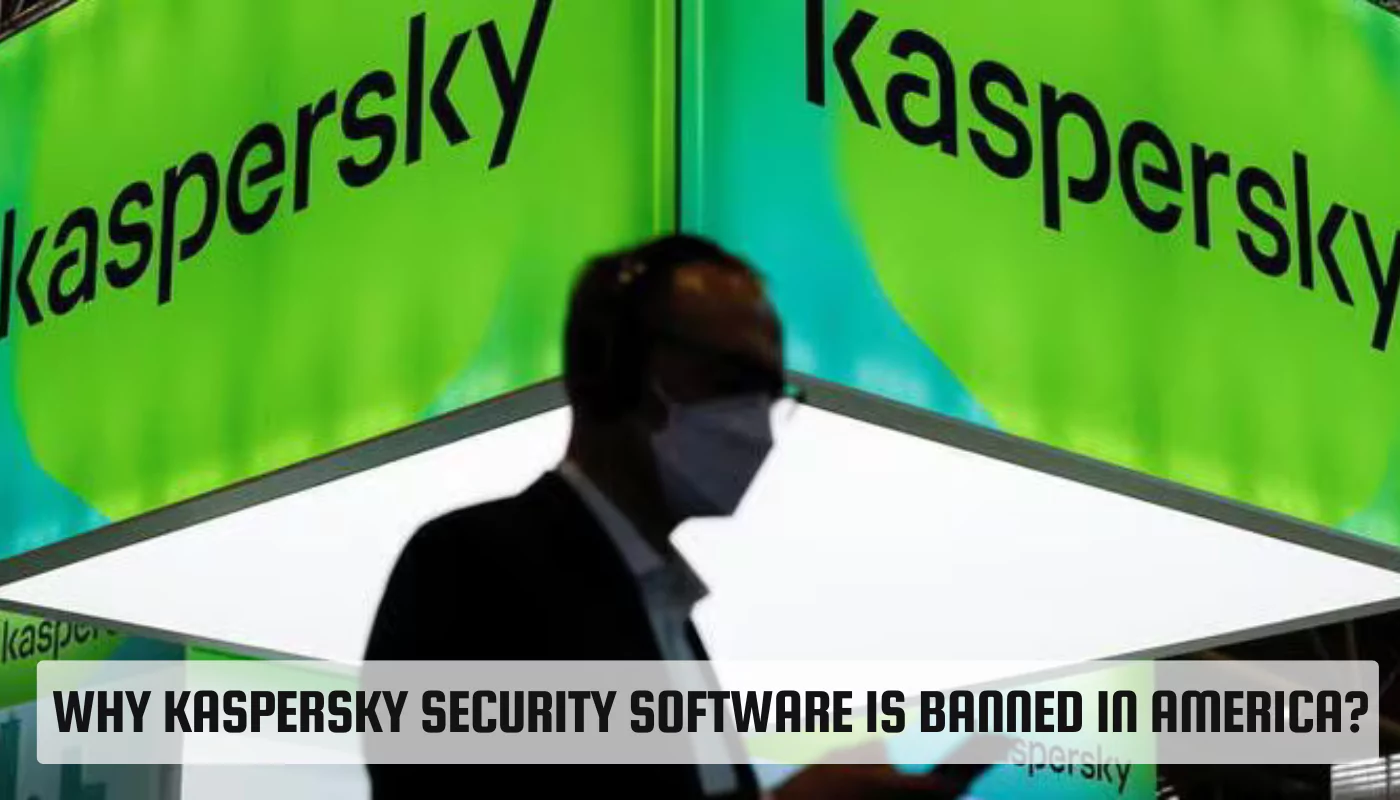Why Kaspersky Security Software is banned in America?

In June 2024, the US government banned the sale of Kaspersky Lab antivirus software, citing national security concerns. This decision followed years of suspicion surrounding the Russian company’s ties to the Kremlin. Let’s delve deeper into the reasons behind the ban and its impact.
Background of the Kaspersky Ban
The US government’s actions unfolded in two parts. First, they prohibited the sale of new Kaspersky software licenses starting July 2024. Existing users were granted a grace period to receive updates until September of the same year. This move signaled a significant shift, as Kaspersky had a sizeable consumer base in the US.
The ban stemmed from concerns about Kaspersky’s potential links to Russian intelligence agencies. The US government suspected the company’s software could be used for espionage or cyberattacks against American infrastructure. Kaspersky has consistently denied these allegations.
Impact of the Ban
The ban has immediate consequences for both businesses and consumers. Those who haven’t purchased Kaspersky software before July 2024 are out of luck. Existing users can continue using the software but won’t receive security updates after September, leaving their systems vulnerable to new threats.
Fortunately, there are alternative security software options available in the US market. Popular choices include established brands like Norton, Bitdefender, and McAfee, alongside newer players offering robust protection.
The ban might create security gaps for existing Kaspersky users who have to switch to new software. Transitioning to a different antivirus program can be a hassle, requiring data migration and potentially causing compatibility issues.
Reasoning Behind the Ban
The US government’s primary concern is national security. They believe Kaspersky’s software could be manipulated to steal sensitive data, disrupt critical infrastructure, or launch cyberattacks. The fear is that the Russian government could pressure Kaspersky to use its software for malicious purposes.
Another concern is the potential for Kaspersky to withhold critical security updates. Without updates, software becomes vulnerable to new threats, leaving users at risk. The US government worries that Kaspersky might manipulate updates for their own gain.
Conclusion
The US government’s ban on Kaspersky software highlights the growing tension between the US and Russia in the cybersecurity realm. While Kaspersky denies wrongdoing, the government’s concerns are serious. Businesses and consumers left with outdated Kaspersky software face a decision: switch to a new antivirus program or risk their cybersecurity. This ban is a stark reminder of the importance of using reliable security software and staying vigilant in the ever-evolving landscape of cyber threats.









